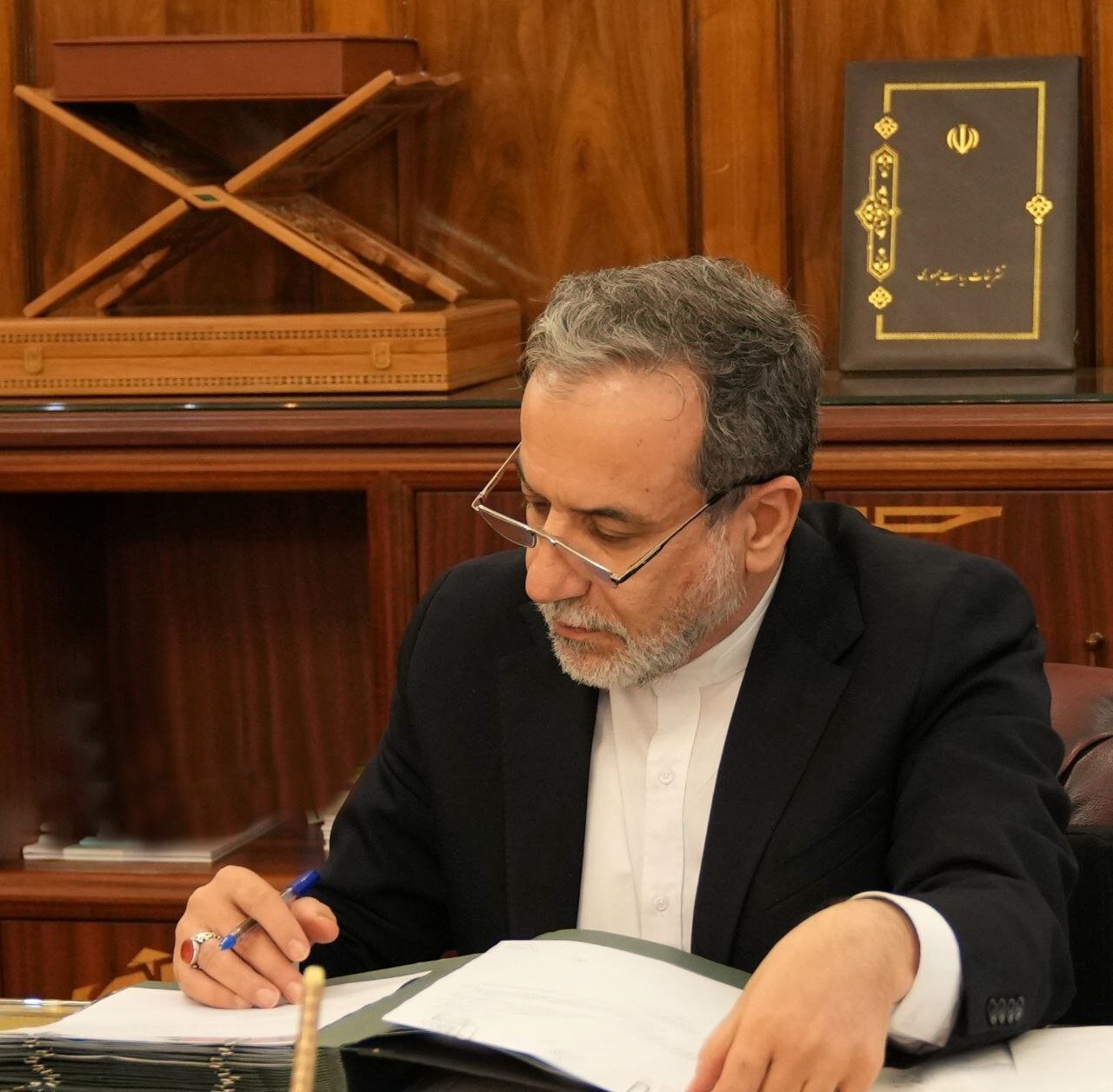Araghchi calls for UN action against dangerous escalation of Israeli aggression

TEHRAN – Iran’s Foreign Minister has issued a strong condemnation of recent Israeli actions, urging swift action to mitigate a growing threat to peace and stability in the region.
In a letter addressed to UN Secretary-General António Guterres and members of the Security Council, Foreign Minister Abbas Araghchi emphasized that Israeli operations in the region pose a serious risk to global peace and deepen instability in West Asia.
This letter, disclosed by Kazem Gharibabadi, Deputy for Legal and International Affairs at the Iranian Ministry of Foreign Affairs, outlines Iran's concerns about the deliberate and unlawful aggressions by Israel.
In his letter, Araghchi urged the Security Council to convene an emergency meeting to address Israel’s blatant act of aggression and to take a decisive stance in condemning Israel’s actions.
Araghchi's letter points to the Israeli attack as a clear infringement on Iran’s sovereignty and territorial integrity, calling it a violation of fundamental international laws.
He specifically highlighted Article 2, Paragraph 4 of the UN Charter, which forbids the use of force against another nation’s sovereignty. By invoking this article, the foreign minister emphasized that these actions are not merely provocations but constitute serious violations that undermine the very principles of international governance and security.
The Iranian foreign minister further contextualized the attack within a broader pattern of hostility, citing Israel’s military actions in Gaza and Lebanon. He argued that Israel’s actions are escalating violence across West Asia, destabilizing an already fragile region and posing a direct threat to global peace and security.
“This aggressive act is not an isolated incident but part of a systematic approach to war and regional destabilization,” Araghchi stated, pointing to the impact on civilians and infrastructure in neighboring regions.
Excerpts from the letter reveal the immediate consequences of the attack. “Although Iran’s air defense systems successfully intercepted most of the projectiles,” Araghchi noted, “the assault still caused damage to targeted sites and, more gravely, led to the martyrdom of four members of Iran’s Armed Forces, who were defending our nation’s security.” This human toll, he emphasized, further underscores the need for accountability on the global stage.
In his letter, Araghchi affirmed Iran’s commitment to adhering to the UN Charter and international law while preserving the nation’s right to self-defense. “The Islamic Republic of Iran reserves its inherent right to respond to this criminal aggression,” he wrote, underscoring Iran’s legal standing to defend itself against such actions.
Meanwhile, Iran’s Permanent Mission to the UN noted the United States’ complicity in the Israeli aggression against Iran.
In a post on X (formerly Twitter), the mission said that Israeli warplanes used Iraqi airspace—currently under U.S. military control—to conduct their attack on Iranian military and radar sites.
“The Zionist regime’s warplanes attacked several Iranian sites from Iraqi airspace, approximately 70 miles from Iran’s border,” the mission stated, asserting that the U.S. bears responsibility for enabling the aggression.
